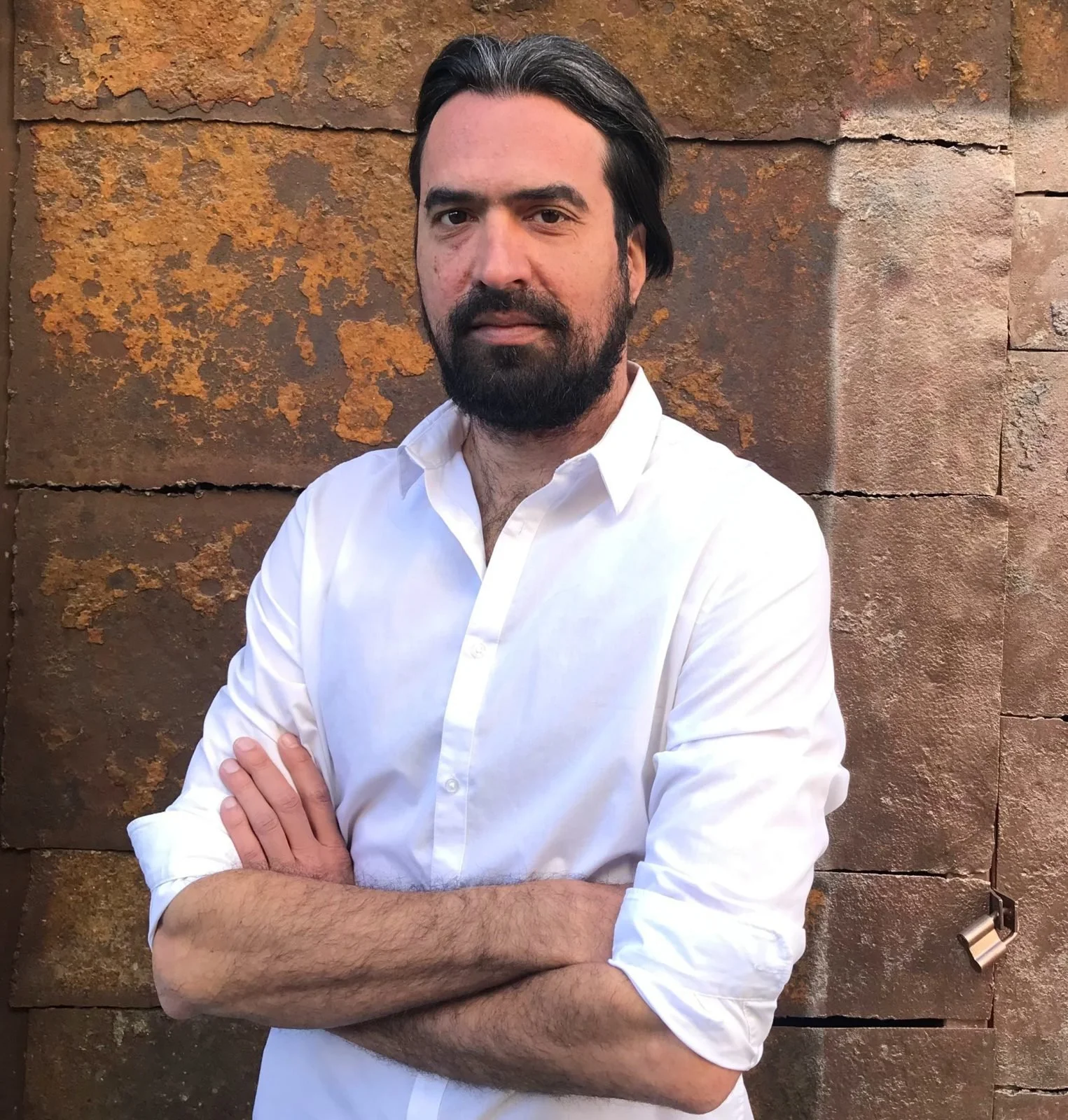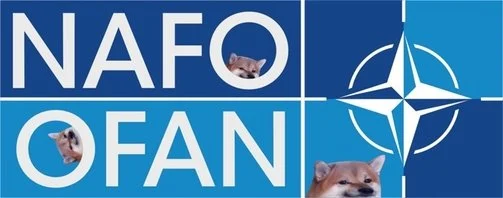Why are Europe's farmers so angry?
From France to Romania, Germany to Bulgaria, angry farmers have been blocking the roads. What's behind this wave of agricultural protests across the continent? This week we're getting to grips with the policies behind the food on Europe's plates with agriculture correspondent Sofía Sánchez Manzanaro. We're also dishing up some Polish recommendations and a slice of good climate news.
What actually happens to Europe's recycling?
A lot of us are pretty diligent when it comes to throwing our plastic into the dedicated bin. But how much of that stuff actually gets recycled? This week we're digging into the truth behind Europe's trash with Nico Schmidt, reporter for Investigate Europe. We're also talking about Germany's massive anti-AfD protests, and Saudi sell-out Rafael Nadal.
Influencer fraud, liveable cities and the Israel taboo
We’re kicking off the new year with a heady mix of urban policy, cake-based scandal and political controversy. Find out which European city ranks as the most ‘liveable’ in Good Week, and dive into the fraud case embroiling Italian mega-influencer Chiara Ferragni in Bad Week. And in this week’s interview, hear from historian Quinn Slobodian about the parallel he sees between the current discourse around Israel-Palestine in Germany, and events 50 years ago.
'Twas Christmas Eve In Dublin
In the winter of 2020, deep into the misery of the global pandemic, Richy Craven lit up the internet with a tale about working at Christmas in a fancy department store in Dublin. His story went viral and we loved it so much that we asked our friend, the writer and podcaster Darach Ó Séaghdha, to read it for us. Producer Katz Laszlo added some audio magic, and a classic episode of The Europeans was born. As a little early Christmas present, here it is again.
The Christmas Book Flood
In Iceland, the night of December 24 is traditionally spent curled up with a book. Why? Because you're very likely to have been gifted one, given the huge array of literary offerings that get published in Iceland in the run-up for Christmas. In this festive last episode of the year, we're speaking to the writer Hildur Knútsdóttir about the Christmas Book Flood and why Iceland is such a nation of bookworms. We're also talking about Christmas tree diplomacy, a new twist on an old tradition, and an Italian tyre-slashing mystery.
An Autocrat’s Guide to Destroying Local Media, Part 2
In Part 1, you learned how illiberal regimes have used the political tools at their disposal – and their rich friends – to turn the media outlets of democratic European countries into propaganda machines. In Part 2 we’re exploring the legal tools needed to complete the job and talking to local journalists who found themselves on the receiving end of these takeovers. Finally, we’re asking: how can you stop a wannabe autocrat doing this in *your* country?
An Autocrat’s Guide to Destroying Local Media, Part 1
It’s a playbook that’s been used by illiberal governments across Central and Eastern Europe: muzzling the media until it resembles little more than propaganda. But how exactly does one go about dismantling the free press, in a democratic country within the European Union?
The Dutch Turn Right, Spain Stays Left
In Spain, an unlikely left-leaning coalition has managed to block the right from taking power; in the Netherlands, the far-right has come out on top. This week we’re talking about two very different political situations with the help of Politico reporter Aitor Hernández-Morales and producer Katz Laszlo in Amsterdam.
This Ukrainian Will Not Compete For Your Attention
Ukraine has seen an exodus of foreign journalists in the wake of the terrible conflict in the Middle East. But coverage of the war on this continent remains more crucial than ever. This week we talk to the writer Sasha Dovzhyk about what is happening in Ukraine right now, as well as Ukrainians' complicated feelings around the struggle for international attention. We're also talking about the corruption scandal rocking Portugal's government, and Greta Thunberg's fraught appearance at Amsterdam's huge climate protest.
The Oatly Chronicles Part 3: Can Green Capitalism Save Us All?
The Swedish oat milk brand Oatly has taken on some eyebrow-raising investments over the past few years. It insists those investments haven’t changed its proud identity as a climate-saving company – but is that really true? In the third and final episode of ‘The Oatly Chronicles’, we investigate a piggy controversy, why oat milk is so damn expensive, and whether Oatly is acting like a big, bad oat milk monopoly. And we ask: what *should* we be eating, to save the planet?
The Oatly Chronicles Part 2: What’s The Housing Crisis Got To Do With It?
Swedish oat milk company Oatly says it's on a mission to defeat the almighty dairy industry and save the planet. To do that, it claims it needs to grow into a massive corporate success — and it’s willing to take on controversial investments to get there.
The Oatly Chronicles Part 1: The Big Dairy Problem
In 1994, the world’s first oat milk company was born in Sweden. Three decades later, Oatly is on a high-stakes mission to defeat the dairy industry – by growing into the biggest plant-based brand the world has ever seen.
Can a start-up from Malmö save us all through capitalism? This is the first episode in a three-part series, ‘The Oatly Chronicles’. This week we’re asking: just how much damage is our dairy addiction doing to the planet?
Train bistros and an oily climate commissioner
This week, we hear about the controversies surrounding the selection of the EU's climate commissioners, we look into the past, present, and future of the Nagorno Karabakh situation, and enjoy a delightful interview with David Ecker, the person behind the @_DiningCar Twitter/X account, dedicated entirely to the experience of dining while traveling on trains.
Anyone for fried jellyfish?
Have you ever been stung by a jellyfish or found yourself unable to take a dip in the ocean because of them? In this week's episode, our guest, Professor Stefano Piraino, will answer the big question: What should we do about the abundance of jellyfish in European waters? Professor Piraino and Katy Lee take a deep dive into the world of these ancient creatures, uncovering some unexpectedly fascinating quirks about jellyfish, as well as proposing a striking solution to address their burgeoning population.
Politically Charged Post
Our producer Wojciech has a theory that Central and Eastern Europe, in their broadest sense, share a common trait - they do not tolerate emptiness. Any deficit or shortage is promptly filled by individuals who have come to realize that they cannot always depend on their states to provide essential services. This is precisely the theme of our interview this week, with Ilir Gashi, who shares his story of getting involved in an unofficial courier system between Kosovo and Serbia when the state postal office ceased its deliveries. Against the backdrop of recent tensions between these countries flaring up once again, it provides a poignant glimpse into the daily life on the border of these nations.
What is Europe up to on Africa's borders?
Once upon a time, European powers drew up borders in Africa as part of their colonisation of the continent. These days the EU is increasingly interested in those borders again — including the idea of placing its own agents there to stop migrants heading towards Europe. This week we hear from investigative journalist Andrei Popoviciu about how EU funds are being used to police West African borders, often with a disturbing lack of scrutiny. We're also talking about Italy's #10secondi outrage, France's plan to subsidise clothing repairs, and artistic revenge in the 16th century.
Threads, solar and giant farming lobbies
How much sway do giant interest groups have over the way our food gets grown? This week we're delving into the murky world of farm lobbying with Thin Lei Win, one of the reporters behind a fascinating investigation into the highly influential Copa-Cogeca group. We're also talking about the mass FOMO outbreak resulting from Threads' absence from the EU and what the hell is going on with Europe's electricity prices right now.
Fighting Putin, one meme at a time
How can cartoon dogs help fight Russian disinformation? This week, hybrid warfare expert Robert van der Noordaa gives us a crash course on the #NAFOfellas movement and why Ukraine has been so good at using internet humour since last year's invasion. We're also talking about France's riots and the Dutch king's apology for the Netherlands' role in slavery.
Greece's elections, whales, and disability rights
Being able to move freely around 27 countries is one of the biggest benefits of living in the EU. In reality, this is pretty hard if you’ve got a disability. This week we speak to Alejandro Moledo, deputy director of the European Disability Forum, about plans to start addressing that. We’re also diving into Greece’s elections and, with the help of producer Katz Laszlo, the decision to halt Iceland’s summer whale-hunting season.
Beyoncé, inflation and the case for climate optimism
It's easy to feel doomed when it comes to climate change. In her latest book, the Italian political scientist Nathalie Tocci makes the case for cautious optimism about Europe's climate and energy policies. We chat to her this week about the opportunities and challenges of the European Green Deal, as well as how to interpret the death last week of Silvio Berlusconi. We're also talking about a push to ban unpaid internships across the EU, and whether or not we should be blaming Beyoncé for stubbornly high inflation in Sweden.


















